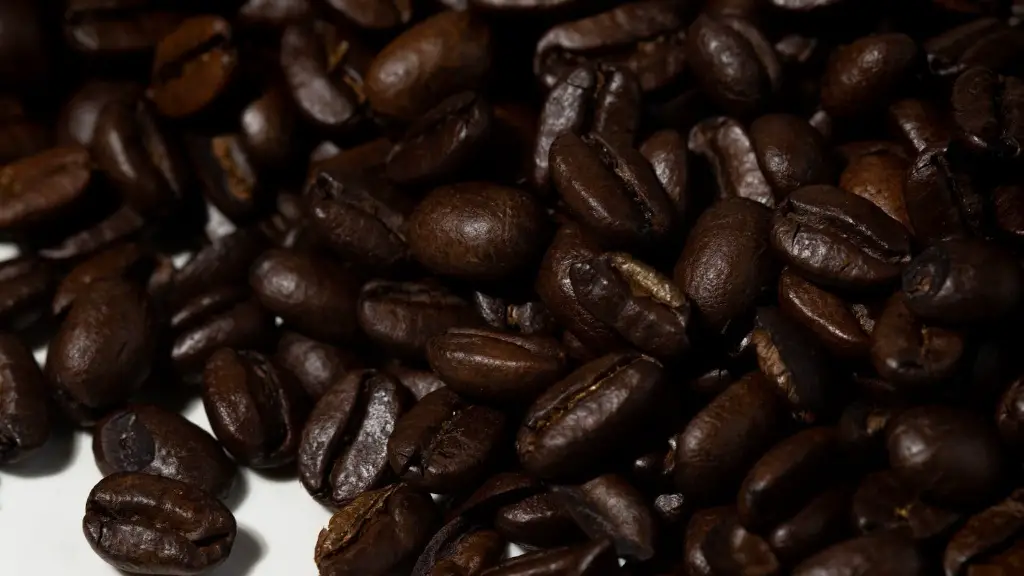Introduction
Drinking black coffee while on a fast is a controversial debate and is often a topic of conversation among dieters. Fasting is a popular form of intermittent fasting and it has been used for centuries as a health practice for weight loss, digestive health, and many other health benefits.
The impact of drinking black coffee on a fast, though, is not completely clear, since the impact of caffeine on the body depends on a number of factors. Despite this, many people believe that black coffee can break a fast, and many others argue that it doesn’t. In this article, we will explore the various sides of this debate and the scientific evidence behind it.
What is Intermittent Fasting?
Intermittent fasting is a method of fasting that has been used in various cultures and societies for thousands of years. It involves “taking breaks” from eating and limiting the number of meals eaten. It varies from 12 hour fasts, up to a full 24 hour fast. Studies have shown that intermittent fasting can be beneficial for health, including a decrease in insulin resistance, an improvement in cholesterol, and a reduction in body fat.
Does Black Coffee Affect Fasting?
While there are conflicting viewpoints on this question, the general consensus is that black coffee does not disrupt the fast. This is because black coffee contains very few calories and is low in carbohydrates. Additionally, the caffeine in black coffee can help to improve mental focus and alertness, and its effects on insulin levels are minimal. However, it’s important to remember that the effects of caffeine can vary based on individual tolerance and body weight, so it is always best to speak with your doctor or dietitian before attempting any kind of fasting.
Should You Drink Black Coffee While Fasting?
This is a personal decision that should be made based on individual needs and preferences. It is important to remember that caffeine can have side effects, such as headaches and insomnia, and that it can be dehydrating. Additionally, caffeine can disrupt sleep, so it is important to limit caffeine intake in the afternoon and evening. However, black coffee has been shown to provide various health benefits, such as increasing alertness, improving concentration, and reducing fatigue.
What Are The Alternatives to Black Coffee?
If you don’t want to drink black coffee while fasting, there are several alternatives to consider. Herbal teas are a good option and they come in a wide variety of flavors. Coconut water is also a viable option and it has the added benefit of providing electrolytes. Additionally, there are several natural supplements on the market that can help to reduce cravings, such as apple cider vinegar and omega-3 fatty acids. Finally, you can also add a natural sweetener, such as honey or stevia, to your tea or coffee to make it more palatable.
Conclusion
In conclusion, there is conflicting evidence on the impact of black coffee on a fast. On one hand, caffeine can increase alertness and improve focus. On the other hand, caffeine can be dehydrating and disrupt sleep. Ultimately, it is best to consult with a doctor or nutritionist before making any decisions regarding fasting and black coffee consumption.
Caffeine Intolerance and Fasting
Caffeine intolerance is another factor to consider when considering black coffee and fasting. People who are intolerant to caffeine may find that they experience adverse effects with even small amounts of caffeine. These effects can include nausea, headaches, and stomachache among others. If you suspect that you may be intolerant to caffeine, it’s best to discuss the issue with your doctor before attempting any fast.
Drinking Black Coffee During Pregnancy and Breastfeeding
Pregnant and breastfeeding women should be particularly mindful of how much caffeine they consume as it can pass through to their baby. While most doctors agree that drinking moderate amounts of black coffee is generally safe, pregnant and breastfeeding women should check with their doctor first before making any decisions about caffeine intake.
The Benefits of Black Coffee for Fasting
Despite the controversy surrounding caffeine and fasting, there are some potential benefits to drinking black coffee while on a fast. In particular, coffee can help to reduce cravings by providing a boost of energy and alertness. Additionally, coffee can help to make fasting periods more bearable as it can reduce hunger pangs and improve mood. Finally, black coffee can help to boost metabolism which may improve overall health and weight loss.
Side Effects of Black Coffee For Fasting
Despite the potential benefits of drinking black coffee while fasting, it’s important to be aware of some of the potential side effects. For example, caffeine can increase heart rate and blood pressure, and it can also lead to restlessness and insomnia if consumed in large amounts. Additionally, some people may experience digestive problems such as an upset stomach from drinking too much coffee. Finally, overconsumption of caffeine can result in headaches, anxiety, and fatigue.


